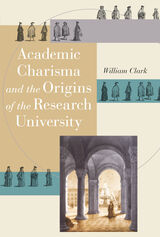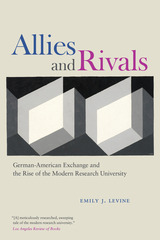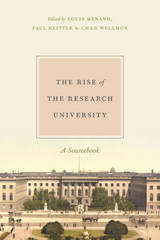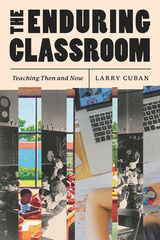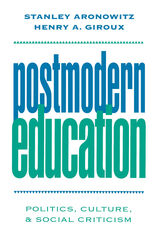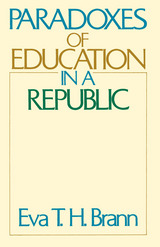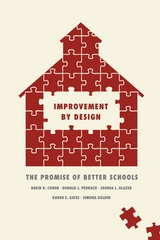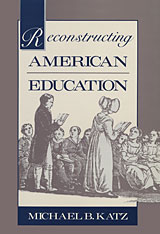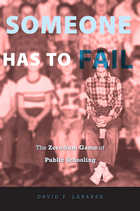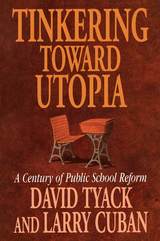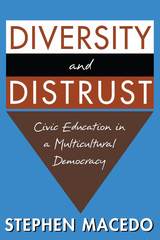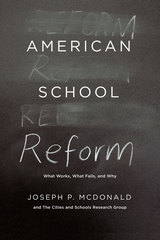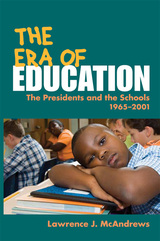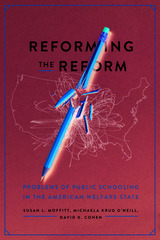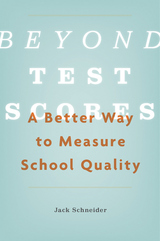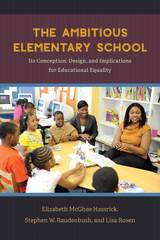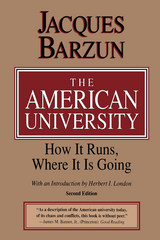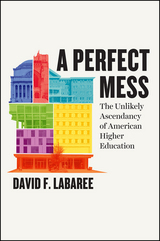Cloth: 978-0-674-66985-7
Library of Congress Classification LA217.S58
Dewey Decimal Classification 370.973
“Fundamental changes are needed in American formal education,” writes the former Dean of the Harvard Graduate School of Education, “yet the resistance to these changes is neither mindless nor conspiratorial.” Generally speaking, Americans are content with schools as they are, convinced that they well serve society's (albeit ill-defined) symbolic and economic needs. Most people who do complain are protesting the schools' failure to deliver on their existing promises; they are not demanding that schools change their basic goals. Theodore Sizer suggests that the sloppy drift of purpose prevalent in American education today could be corrected by carefully articulating the ends of education, relating these to public aspirations and beliefs.
Sharpen the focus of the schools, he recommends, and separate the different kinds of learning in different places. A single school cannot simultaneously provide for the learning of intellectual power, personal agency (the ability to “make it”), and joy (the capacity for pleasure). What is required, he argues, are multiple schools, each focusing on limited ends. His book is not a noisy indictment but a dispassionate exploration that moves beyond outrage to a balanced appraisal of why American education is the way it is and how it might be different. His argument is both reasonable and provocative.
See other books on: American School Reform | Education | Joy | School management and organization | Speculations
See other titles from Harvard University Press

